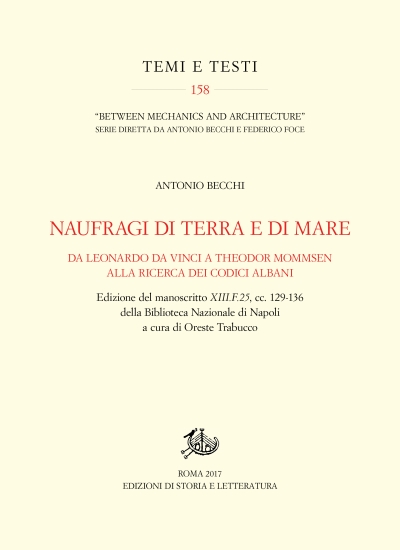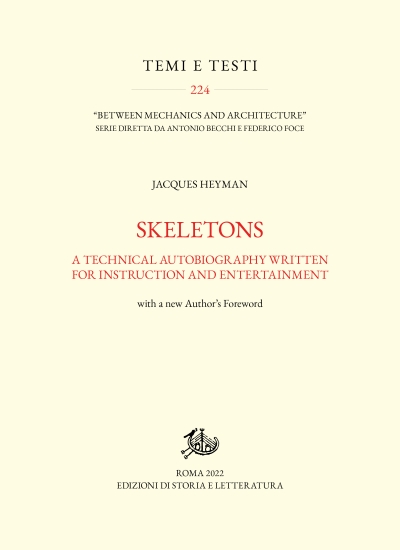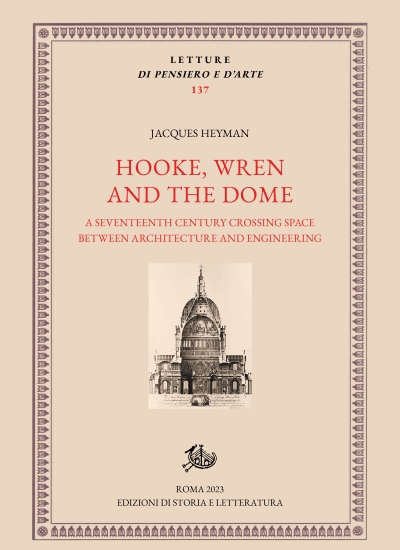Description
As a key figure of the new generation of engineers who had been educated during the difficulties and hopes of the aftermath of WWII, Jacques Heyman represents the engineer-humanist at its best, inspired on a daily basis by the arts and, in particular, by music.
His mathematical talent found a congenial and favourable environment in the lecture rooms of the University of Cambridge under the guidance of John Baker (1901-1985) and, later on, at the Brown University where he moved in 1949 to continue his studies under the supervision of William Prager (1903-1980).
From these two so different yet complementary mentors, Jacques Heyman learnt the art of analysis and synthesis, the taste for the mathematical rigour always supported by the physical intuition, the capacity to master building site problems and mathematical formulae which need to be transformed into operative tools and innovative solutions among piles of stones and stacks of beams.
From the first experiments on simple steel frames to structural analysis of imposing cathedrals, Jacques Heyman showed in theory and practice the cultural relevance of the art and science of construction, studying its history with rare sensitivity and personally writing a new chapter of it.
His autobiography allows us, for the first time, a look behind the scenes of an extraordinary life, lived with the elegance and wisdom of the great Master he never wanted to be.
Jacques Heyman has been presented with the Sir Frank Whittle Medal of the Royal Academy of Engineering (London) on 20th September 2022 "in recognition of his outstanding career in structural design."





